Part 2 (scroll down for Part 1)
Discerning our calling is a life-long journey. How we approach and wrestle with the questions of calling (who am I? Who am I called to be?) will be influenced by our stage of life. Recently, I have had a heightened awareness to this in response to conversations with friends, client work, and paying attention to my own mid-life transition.
Gordon T. Smith has done a beautiful job of speaking to the stages of calling or what he calls, “Phases Of Vocational Development.” On several occasions over the last few months I have found myself back in his material—or just recalling it as I sit with a client. And so, I have taken some time to compile and summarize his work (with a few of my own thoughts thrown in) and will share it in 3 separate posts. Where are you at in these phases?
2. From Early To Mid-Adulthood (for most this begins in mid-thirties):
Once we have experienced a healthy break from our parents and adolescence, we are free to process the next transition. As Smith says, “We can wrestle with mid-life questions on their own terms rather than carrying the baggage of adolescence through the process.” If we have done the work to differentiate from our parents in our twenties we can begin to honestly look at who we are.
“Clarity for vocational purposes can only come after we have lived with ourselves long enough to be able to ask, for example, what matters to me more than anything else?”
This season of adulthood is about narrowing in on our contribution and moving away from trying to be all things to all people. Smith says that to embrace calling in mid-life we must accept two distinct but inseparable realities:
We honor our limitations: “We accept our limitations and move as quickly as we can beyond illusion about who we are.”
We own our greatness: “We accept responsibility for our gifts and abilities, and acknowledge with grace what we can do.”
If we fail to accept these realities in our thirties and forties, and don’t make the necessary decisions to filter and focus – we will pay for it in our fifties.
Another important transition in this season is for the parent who serves as the primary care-giver (if this is the case). Smith says, “Such people cannot say that their primary vocation is ‘raising children’ unless they are called to work in an orphanage. We are responsible for raising our children with care. And it is a noble task stay at home and care for home and family. But eventually the children grow up, and the primary caregiver will go through a crisis of identity if he or she does not anticipate this transition.”
